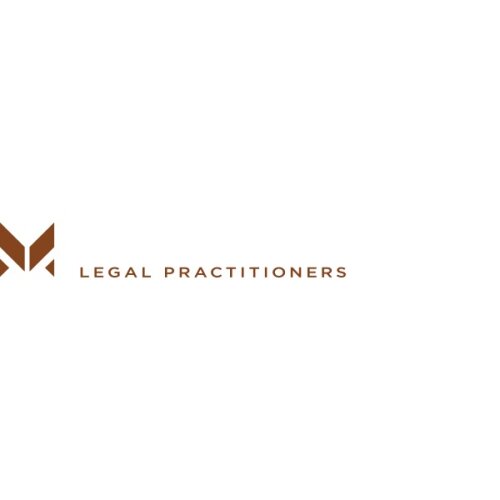Best Antitrust Lawyers in Zambia
Share your needs with us, get contacted by law firms.
Free. Takes 2 min.
Or refine your search by selecting a city:
List of the best lawyers in Zambia
About Antitrust Law in Zambia
Antitrust law in Zambia, also known as competition law, is designed to promote fair competition and prevent anti-competitive practices. The purpose of antitrust laws is to protect consumers, promote economic efficiency, and ensure a level playing field for businesses operating in the market.
Why You May Need a Lawyer
You may need a lawyer in the field of antitrust in Zambia if you are facing allegations of anti-competitive behavior, are involved in a merger or acquisition that may raise competition concerns, or if you believe your rights as a consumer or competitor have been violated.
Local Laws Overview
In Zambia, the primary legislation governing antitrust issues is the Competition and Consumer Protection Act. This Act prohibits anti-competitive agreements, abuse of dominance, and mergers that substantially lessen competition. The Competition and Consumer Protection Commission (CCPC) is responsible for enforcing these laws and investigating potential violations.
Frequently Asked Questions
1. What is considered anti-competitive behavior in Zambia?
Anti-competitive behavior in Zambia includes price-fixing, bid-rigging, market allocation agreements, and abuse of dominance by a dominant firm in the market.
2. Can I be fined for violating antitrust laws in Zambia?
Yes, the CCPC has the authority to impose fines on individuals and companies found to be in violation of antitrust laws in Zambia.
3. How can I report a potential antitrust violation in Zambia?
You can report a potential antitrust violation to the CCPC by submitting a complaint through their website or contacting their office directly.
4. Do I need to notify the CCPC before completing a merger in Zambia?
Yes, any merger or acquisition that meets certain thresholds must be notified to the CCPC for approval before it can be completed.
5. Can I challenge a decision made by the CCPC?
Yes, you have the right to appeal a decision made by the CCPC to the Competition and Consumer Protection Tribunal.
6. Can individuals file a complaint with the CCPC?
Yes, individuals can file complaints with the CCPC if they believe their rights as consumers have been violated.
7. Are there any exemptions to antitrust laws in Zambia?
Yes, certain agreements may be exempt from antitrust laws if they contribute to economic development or benefit consumers.
8. What are the penalties for violating antitrust laws in Zambia?
Penalties for violating antitrust laws in Zambia can include fines, imprisonment, and orders to cease anti-competitive behavior.
9. How long does a typical antitrust investigation take in Zambia?
The length of an antitrust investigation in Zambia can vary depending on the complexity of the case, but it can take several months to complete.
10. How can a lawyer help me with antitrust issues in Zambia?
A lawyer can provide legal advice, represent you in dealings with the CCPC, and help protect your rights in antitrust matters in Zambia.
Additional Resources
For more information on antitrust laws in Zambia, you can visit the Competition and Consumer Protection Commission's website at www.ccpc.org.zm. You may also consider seeking assistance from legal organizations such as the Law Association of Zambia.
Next Steps
If you believe you may need legal assistance in antitrust matters in Zambia, it is recommended that you consult with a qualified lawyer who specializes in this area of law. They can provide you with guidance on your rights and options under the law.
Lawzana helps you find the best lawyers and law firms in Zambia through a curated and pre-screened list of qualified legal professionals. Our platform offers rankings and detailed profiles of attorneys and law firms, allowing you to compare based on practice areas, including Antitrust, experience, and client feedback.
Each profile includes a description of the firm's areas of practice, client reviews, team members and partners, year of establishment, spoken languages, office locations, contact information, social media presence, and any published articles or resources. Most firms on our platform speak English and are experienced in both local and international legal matters.
Get a quote from top-rated law firms in Zambia — quickly, securely, and without unnecessary hassle.
Disclaimer:
The information provided on this page is for general informational purposes only and does not constitute legal advice. While we strive to ensure the accuracy and relevance of the content, legal information may change over time, and interpretations of the law can vary. You should always consult with a qualified legal professional for advice specific to your situation.
We disclaim all liability for actions taken or not taken based on the content of this page. If you believe any information is incorrect or outdated, please contact us, and we will review and update it where appropriate.
Browse antitrust law firms by city in Zambia
Refine your search by selecting a city.











